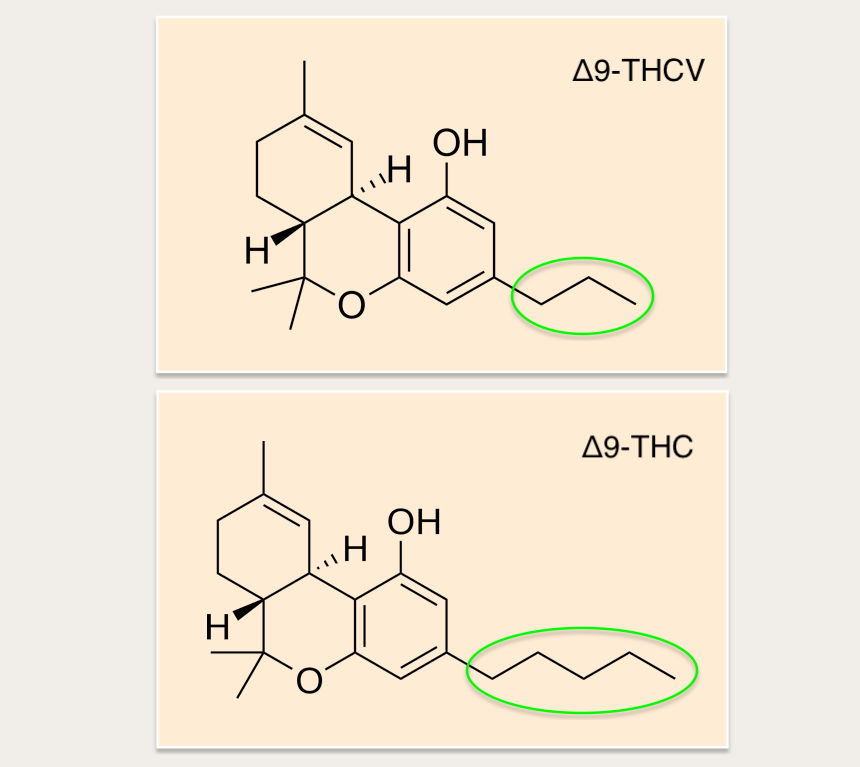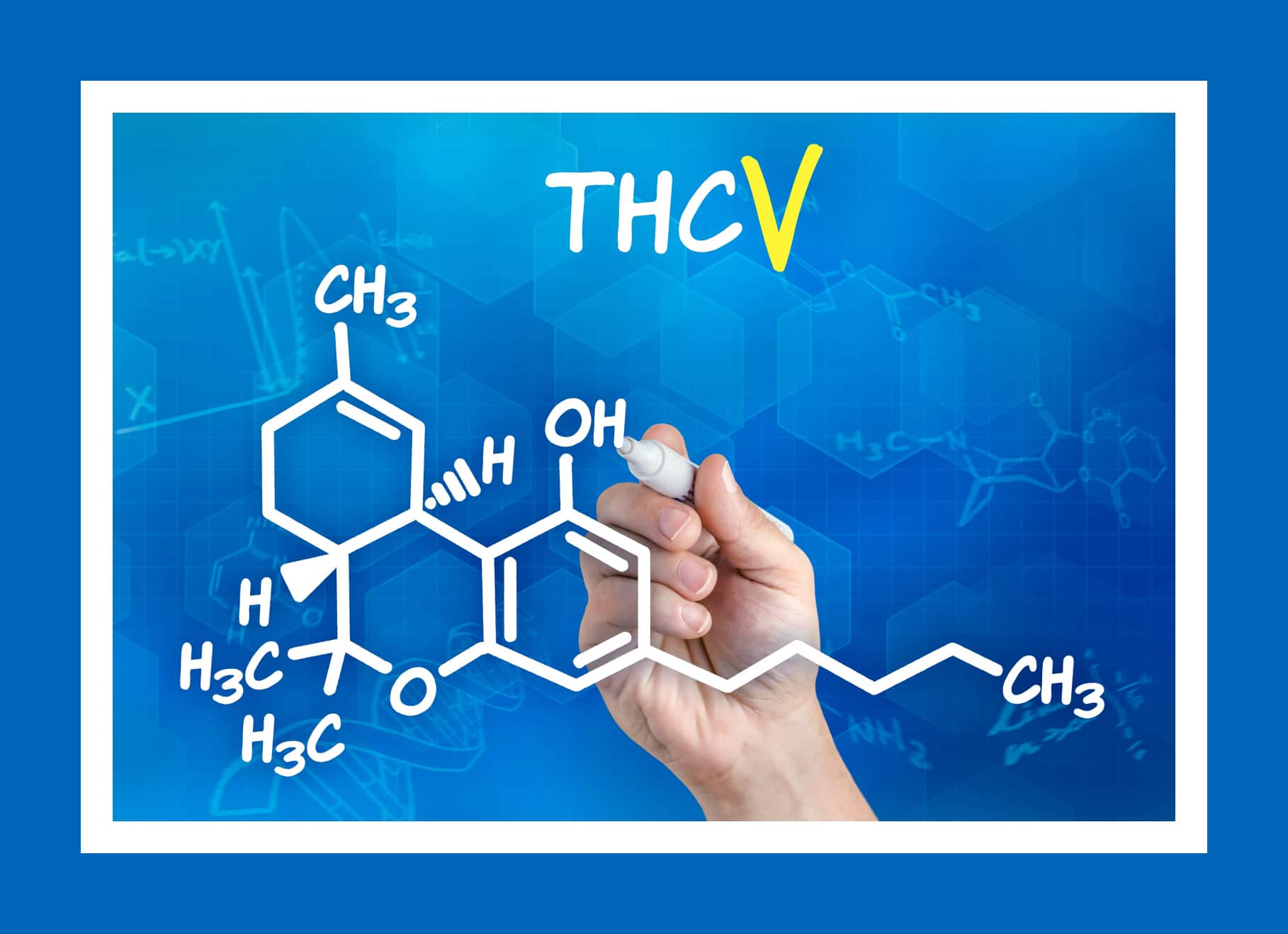Tetrahydrocannabivarin (THCV) is a cannabinoid substance discovered in cannabis and hemp plants. It's chemically similar to tetrahydrocannabinol (THC) but with some crucial differences. Here's everything you require to understand about THCV including the threats, benefits, distinctions, and resemblances with other kinds of THC and more. What Is THCV? THCV is a less typical cannabinoid discovered in some strains of marijuana, particularly African sativa.
 THCV vs THC: What Are the Differences? Articles Analytical Cannabis
THCV vs THC: What Are the Differences? Articles Analytical Cannabis
 THCV The Benefits of The Little-Known Cannabinoid
THCV The Benefits of The Little-Known Cannabinoid
 THCV: What are the Benefits; Does it Get You High? - Vaping360
THCV: What are the Benefits; Does it Get You High? - Vaping360
THCV has a 3-carbon side chain rather Visit this link than THC's 5-carbon side chain. This distinction is subtle, but it has an obvious effect on the result profile. THCV is somewhat psychoactive however just about and about. What Does THCV Seem like? THCV has a strong energy-boosting element to it, which makes it particularly popular among trainees and athletes.
In the United States, THCV policy is nuanced. THCV is not a Schedule I Drug, however marijuana extracts are making it rather unclear what the federal position is on THCV. The 2018 Farm Bill mentions that hemp plants and all derivatives of the plants are legal on a federal level, many Learn here business follow this law and still provide THCV to clients by just drawing out the compound from hemp plants.
If THCV is thought about a THC analog, it might be controlled in the future by the exact same rules as THC under the Federal Analog Act. This act specifies that any compound that shares a similar molecular profile as a recognized forbidden substance it's consisted of in the very same drug Schedule classification.
What Are the Results of THCV? Advocates of THCV report that it produces an intense burst of energy and makes them feel euphoric without the mental cloudiness brought on by THC. The effects are incredibly mild compared to THC. The results are almost exclusively cognitive yet somehow have extremely little impact on headspace.
2. THCV & Cravings Some THCV users declare that it curbs their cravings. This is a common impact of other focus-enhancing compounds also. It's as though THCV gets rid of the diversion of other bodily procedures (like hunger) in order to maintain resources and attention to cognitive tasks rather. How Does THCV Work? Cannabinoids produce biological impacts in the human body by engaging with endocannabinoid receptors.
CB1 receptors lie in the anxious system and interact with neurotransmitters in the brain to produce mind-altering effects. Interaction with CB1 sites is what provides some cannabinoids like THC their psychoactivity. THCV is a bit tricky to understand due to the fact that it's mostly a CB1 villain, meaning it has the opposite impact lorenzofwvi711.raidersfanteamshop.com/tetrahydrocannabivarin-what-is-thcv-effects-and-benefits as THC.
While researchers are still seeking to comprehend this procedure, it appears THCV has the ability to obstruct the impacts of CB1 in low dosages and promote them in high dosages. CB2 receptors are found primarily in the body immune system. THCV is a partial agonist of CB2, but the impacts of this partial activity aren't widely known, and it relatively has no discernible influence on THCV users' experience.
As mentioned in the previous section, THCV is a CB1 antagonist in low dosages which is the specific opposite impact of delta 8 and delta 9 THC. This could suggest that THCV neutralizes some of the psychedelic results of THC. This effect could explain why individuals who utilize THCV feel so clear-headed specifically compared to the notorious "fogginess" induced by delta 9 THC.